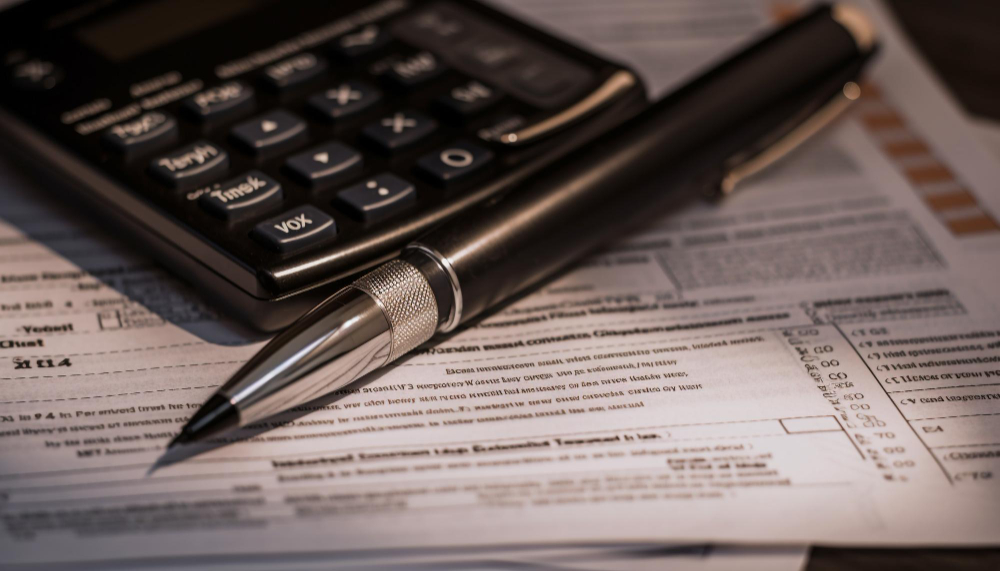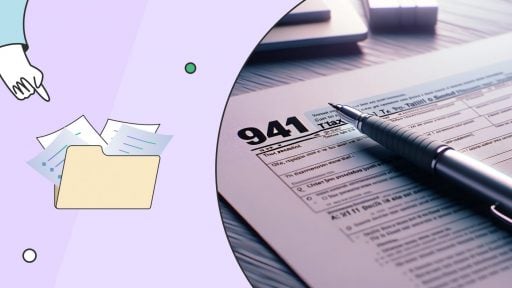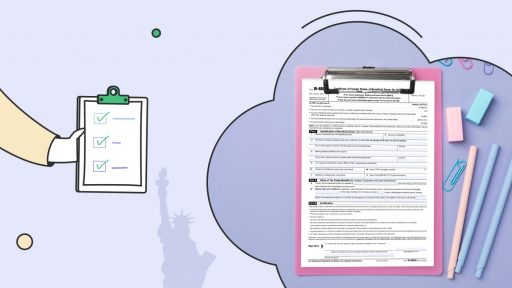For freelancers, independent contractors, and self-employed individuals, tax season brings its own set of challenges and obligations. Among the key documents in their tax arsenal is IRS Form 1099, which plays a crucial role in reporting income earned outside of traditional employment settings. In this blog post, we’ll explore everything you need to know about Form 1099, including its various types, who receives them, and how to navigate the tax reporting process with ease.
What is Form 1099?
IRS Form 1099 is a series of documents used to report income earned by individuals and businesses outside of regular employment. It serves as a record of income received from various sources, such as freelance work, contract jobs, rental income, interest payments, and more.
What is the 1099 Form used for?
The 1099 form is a multifaceted tool used by the IRS to capture income from sources other than a salary. Whether it’s income from freelance work, interest from savings accounts, dividends from investments, or any other form of non-employment income, the 1099 form reports it all. Its primary purpose is to ensure transparency in income reporting, allowing the IRS to cross-reference taxpayer-reported income with information submitted by payers.
What does Form 1099 look like?
A typical 1099 form is characterized by its straightforward layout, designed to clearly present the necessary financial information. It details the payer’s and payee’s information, the type of income earned, and the total amount paid within the tax year. Despite its simplicity, the form is pivotal in the accurate reporting of various income types.

How does a 1099 Form work?
The 1099 form operates on the principle of third-party reporting. Businesses and financial institutions that make certain types of payments are required to issue a 1099 Form both to the IRS and to the recipient of the income. This dual-reporting mechanism helps the IRS ensure that individuals and entities are accurately reporting their income and paying the appropriate taxes.
Who fills out a 1099 Form?
The responsibility of filling out and issuing a 1099 form lies with the payer — be it a business, a financial institution, or an individual who has made payments that fall under the reporting requirements of the 1099 form. The recipients of the form, such as freelancers or investors, use the information provided to report their income on their tax returns.
Which 1099 Form do I need?
Identifying the correct 1099 Form depends on the nature of the income received. Each type of 1099 Form corresponds to specific income sources, from freelance earnings to interest and dividends. Determining the appropriate form is essential for both the payer and the payee to ensure accurate income reporting and tax compliance.
Types of 1099 Forms
The IRS has developed several variations of Form 1099 to address the wide range of non-wage income types, including.
Form 1099-MISC
Used for reporting miscellaneous income, such as rent, prizes, awards, and other payments not covered by more specific 1099 forms.
Form 1099-NEC
Introduced to specifically report non-employee compensation, such as payments to independent contractors and freelancers for services rendered.
Form 1099-K
Form 1099-K is issued by payment settlement entities to report transactions processed through credit cards and third-party payment networks, such as Amazon.
Form 1099-INT
Dedicated to reporting interest income earned from bank accounts, investments, and other interest-bearing sources.
Form 1099-DIV
Used to report dividends and distributions received from investments in stocks, mutual funds, and other dividend-paying entities.

When are the 1099 Forms due?
Payers must issue 1099 Forms to recipients by January 31st of the year following the income payment. Additionally, a copy of the form must be filed with the IRS, with the filing deadline varying slightly depending on the specific type of 1099 Form and whether it is filed electronically or on paper.
How do I get a 1099 Form?
Recipients of 1099 should receive their forms directly from the payers by the end of January. However, if a form is missing or incorrect, it’s important to contact the payer promptly to request a corrected form. Payers can obtain 1099 forms from the IRS, office supply stores, or through IRS-approved software for electronic filing.
How to fill out Form 1099
Filling out a 1099 form requires the payer to accurately report the recipient’s information, including name, address, and taxpayer identification number, along with the total amount of income paid during the tax year. Careful attention to detail is crucial to avoid errors that could lead to penalties or corrections down the line.
How to file Form 1099
Payers can file Form 1099 with the IRS either electronically through the IRS FIRE system or by mailing in paper forms. Electronic filing is encouraged for its efficiency and reliability, and it’s required for payers who issue a large number of forms.
Penalty for late filing Form 1099
Failing to file 1099 forms on time or failing to provide accurate information can result in penalties from the IRS. These penalties vary based on the lateness of the filing and the size of the business, emphasizing the importance of adhering to deadlines and ensuring the accuracy of the information reported.
Timeliness and precision in handling Form 1099 are not merely bureaucratic requirements; they are fundamental to maintaining the integrity of the tax system and ensuring fair taxation based on accurate income reporting. For businesses and individuals who engage in transactions necessitating 1099 Form, understanding the obligations and potential consequences of these forms is essential.
Workhy makes filing Form 1120 straightforward
In the world of tax compliance, Form 1099 can be daunting, especially for non-US residents. But fear not, our expertise is here to simplify the process. Our comprehensive services demystify tax filing, ensuring peace of mind and compliance every step of the way. From Form 1099 filing to company formation and beyond, we provide tailored support for your tax needs. Join forces with Workhy to navigate the tax landscape efficiently, schedule a meeting to take the first step towards hassle-free tax filing.






